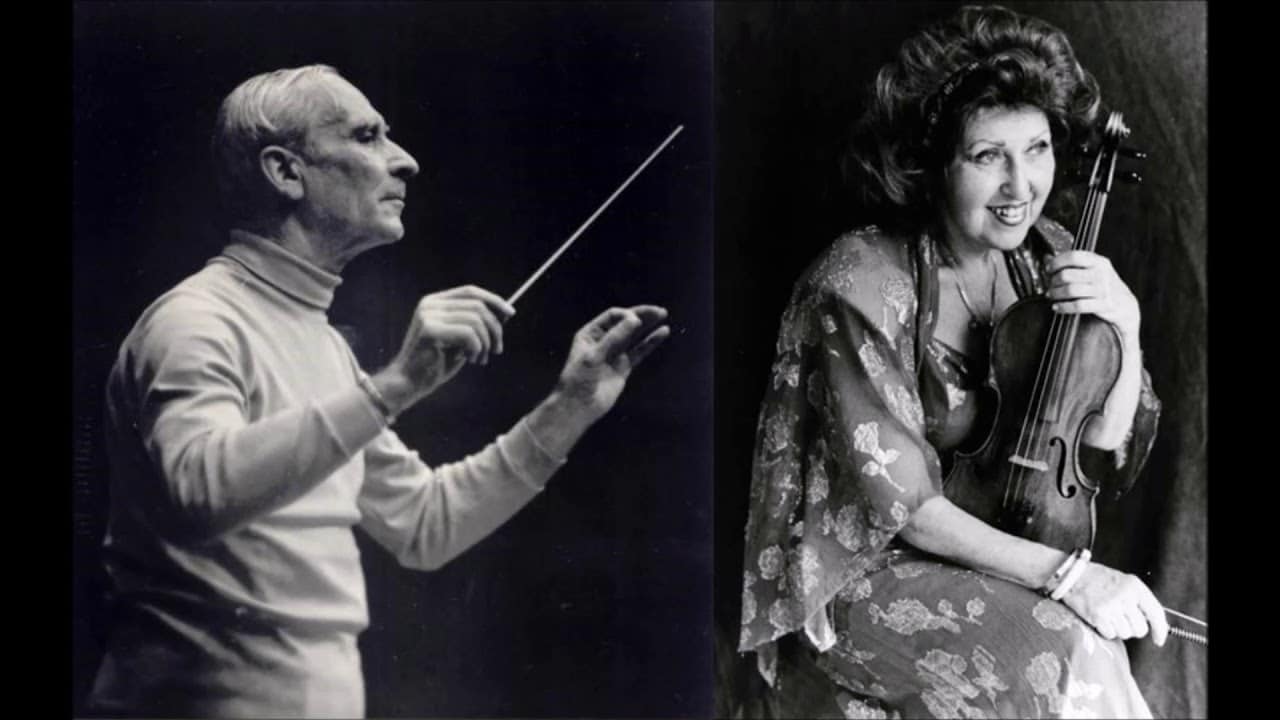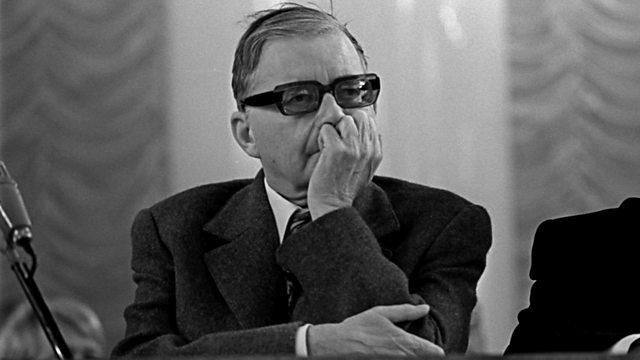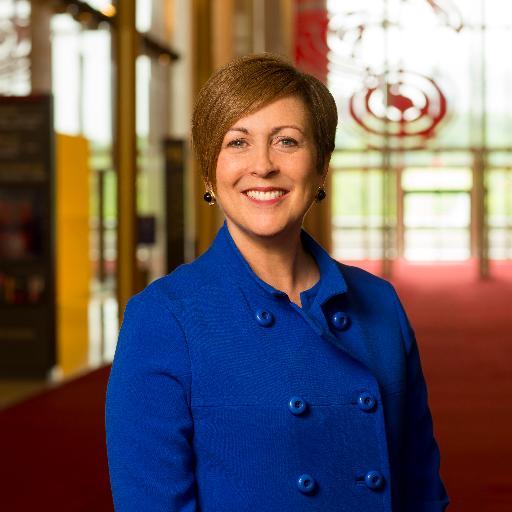The Slipped Disc daily comfort zone (200): Fire and ice
mainIda with Ancerl, fire and ice. Nothing comes close.


Ida with Ancerl, fire and ice. Nothing comes close.

From the Lebrecht Album of the Week: Dmitri…

What the American conductor brought to her debut…

Deborah Rutter, sacked as president of the Kennedy…

Pat Kop conducts Haydn’s Farewell Symphony with members…

Session expired
Please log in again. The login page will open in a new tab. After logging in you can close it and return to this page.
Comments